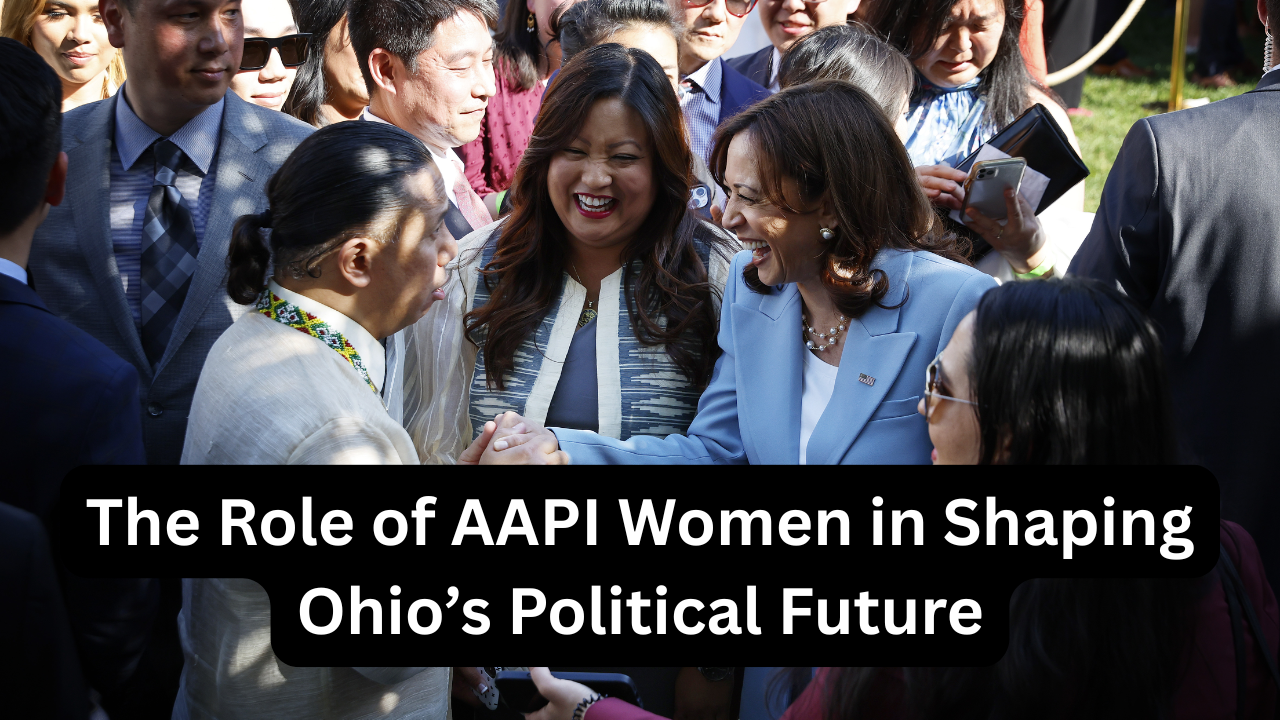
Asian American and Pacific Islander (AAPI) women are increasingly shaping Ohio’s political future—from elected leadership to grassroots advocacy and educational reform. Their efforts mark a significant shift toward broader representation and inclusion within the state’s political sphere.
Parliamentary Representation and Trailblazers
Ohio has seen important milestones for AAPI women in elected office:
- Tina Maharath, first Asian-American and Laotian-American woman in the State Senate (2019–2023), who sponsored key legislation including a ban on conversion therapy for minors, creation of an AAPI Affairs Commission, and designation of Maternal Mortality Awareness Month (Wikipedia).
- Anita Somani, born in India, now an obstetrician/gynecologist, serves in the Ohio House since 2023. She represents evolving AAPI presence in the legislature (Wikipedia).
- Emilia Sykes, while not AAPI, led the Ohio House Democratic caucus and spearheaded policy such as eliminating the tampon tax—demonstrating allyship and intersectional leadership (Wikipedia).
- Lauren Blauvelt, a top reproductive-rights organizer and co-chair of Planned Parenthood Advocates of Ohio, took a leading role in passing Issue 1—enshrining abortion rights into Ohio’s constitution (Wikipedia).
Grassroots Mobilization and Education Reform
- OPAWL (Ohio Progressive Asian Women’s Leadership) is a key statewide advocacy organization. They launched the Educating for Ohio’s Future campaign to push House Bill 171, demanding inclusion of AAPI migration histories and contributions in K–12 curriculum—a push for multiracial solidarity through legislation (The Lantern, opawl.org).
- OPAWL also runs the Facilitation for Liberation (F4L) Fellowship, equipping AAPI women and nonbinary individuals across Ohio with political education and facilitation skills to empower community organizing (The Buckeye Flame, opawl.org).
Progress in Gender Representation
Overall gender representation across Ohio’s state legislature has also seen important growth:
- Women now occupy roughly 34–35% of legislative seats (about 46 of 132), aligning with national averages though still shy of parity (Axios).
- Local organizations like The Matriots PAC and Ohio Women in Government are building leadership “pipelines” through endorsements, mentorship, and professional development—an effort critical to expanding AAPI women’s political reach (Axios).
- Overview Table: AAPI Women & Advocacy in Ohio Politics
| Focus Area | Key Individual or Group | Role / Achievement |
|---|---|---|
| Legislative Representation | Tina Maharath | First AAPI woman in Ohio Senate; sponsored landmark bills |
| Legislative Representation | Anita Somani | AAPI woman serving in Ohio House since 2023 |
| Legislative Influence | Emilia Sykes (ally) | Led Democratic caucus; championed women’s policy |
| Grassroots Advocacy | OPAWL | Leads curriculum reform and political training programs |
| Advocacy & Organizing | Facilitation for Liberation | Trains AAPI women/nonbinary leaders through workshops |
| Policy Mobilization | Lauren Blauvelt | Led reproductive rights amendment (Issue 1) campaign |
Frequently Asked Questions
1. Who was the first AAPI woman elected to Ohio’s legislature?
Tina Maharath became the first Asian-American woman in the Ohio State Senate in 2019.
2. What campaign led to AAPI history in Ohio’s K-12 curriculum?
OPAWL’s Educating for Ohio’s Future campaign advocated for House Bill 171 to incorporate AAPI perspectives in public education.
3. How are women’s leadership pipelines being strengthened in Ohio politics?
Groups like The Matriots PAC and Ohio Women in Government provide mentorship, endorsements, and skill-building for future leaders.

